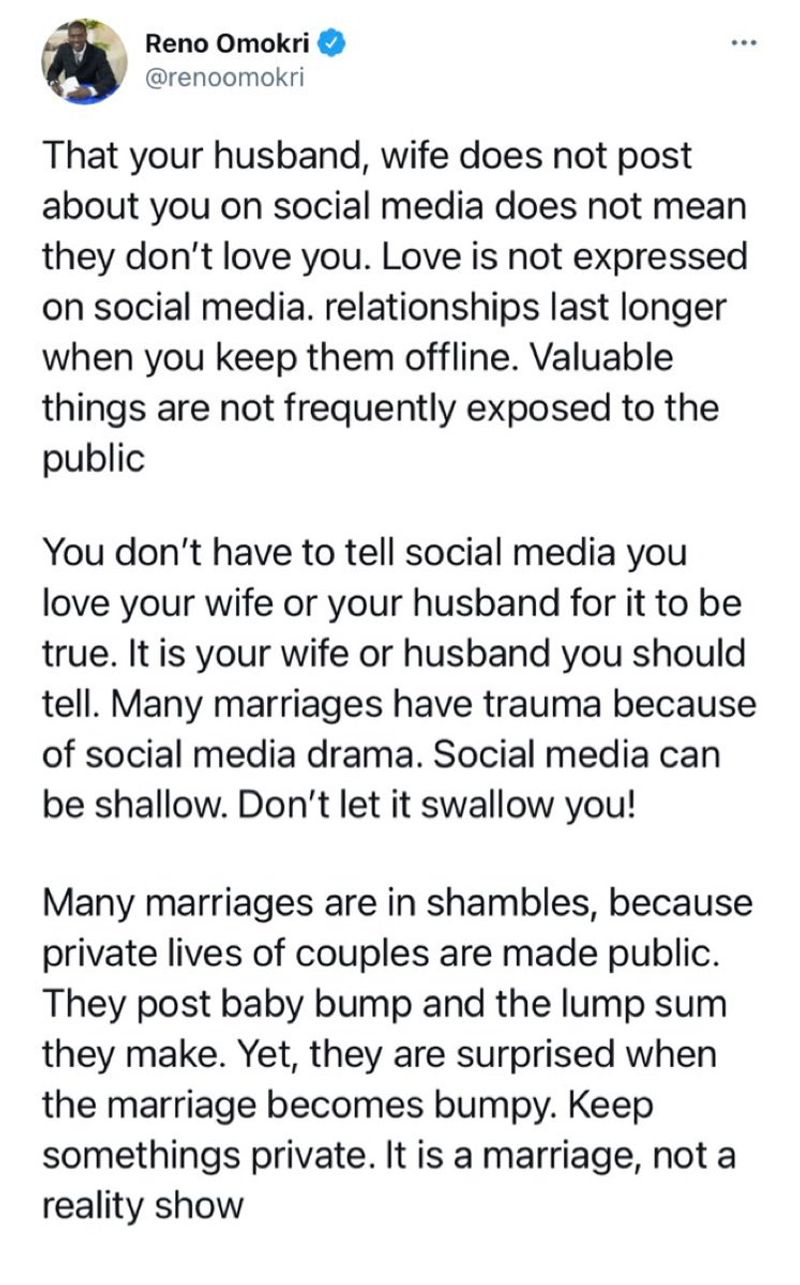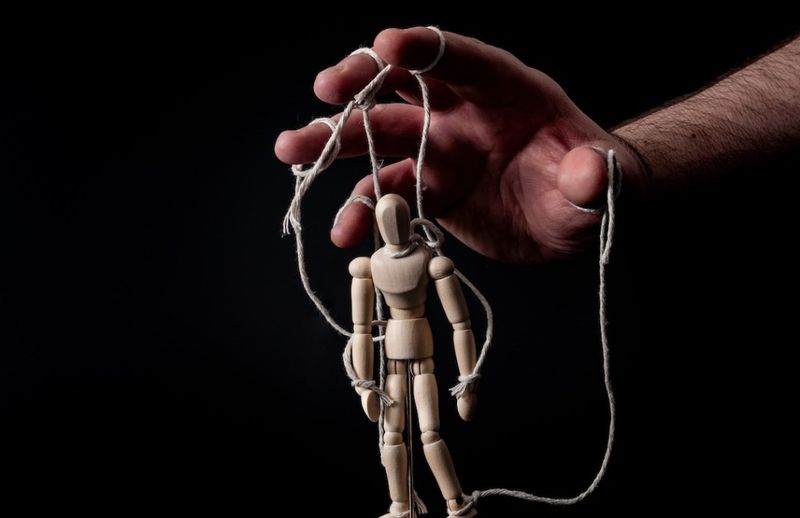Relationships are a delicate dance, requiring mutual respect and understanding. However, some individuals, knowingly or unknowingly, engage in behaviors that stir unnecessary drama. These actions can erode trust, create tension, and ultimately lead to relational strain. Below are twelve common ways messy individuals might sabotage their relationships, each with its own unique way of creating chaos. Understanding these behaviors allows for better communication and a healthier partnership. Explore these characteristics to see if any resonate with your own experiences or those of people around you.
1. Constant Overanalyzing

Overanalyzing every word and action can drive anyone to madness. When in a relationship, dissecting each communication can lead to unnecessary tension. The mentally exhausting process not only affects the overthinker but also creates frustration for the partner. Constant questioning and seeking hidden meanings in mundane interactions can erode trust.
Partners might grow weary of always explaining themselves. The key is balancing intuition with reason. By learning to differentiate between genuine concerns and imagined slights, couples can foster a more harmonious relationship. Excessive analysis can be avoided through open dialogue and trust-building exercises.
2. Jealous Streak

Jealousy can manifest as a protective instinct gone awry. In relationships, it often spirals into drama when one partner becomes possessive. This behavior can stem from insecurity or past experiences and may lead to constant checks on the other person’s activities.
Unfounded accusations and snooping can strain the trust that is vital for a relationship to thrive. Instead of fostering closeness, jealousy often drives a wedge between partners. Building confidence in oneself and the relationship can help mitigate these feelings. Healthy partnerships require trust and the freedom to be oneself without the fear of judgment.
3. Silent Treatment

Withholding communication, or the silent treatment, is a common tactic used to express discontent without words. While it might seem like a way to avoid confrontation, it often leads to more significant issues.
Partners left in silence may feel isolated and undervalued, unsure of how to bridge the communication gap. An approach that fosters open discussion rather than silence allows for a more constructive resolution to conflicts. Acknowledging emotions and expressing them verbally can help eliminate misunderstandings and pave the way for a stronger, more resilient relationship.
4. Public Arguments

Airy dirty laundry in public can be both embarrassing and damaging to relationships. Public arguments often escalate more quickly due to the pressure of an audience. These heated exchanges can leave lasting impressions on both the couple and the onlookers.
Such situations often stem from unresolved private issues that spill into public spaces. Finding a way to address disagreements privately can prevent unnecessary stress. This practice helps maintain dignity and respect between partners, fostering an environment where conflicts are resolved without external interference.
5. Social Media Spats

In the digital age, social media can be both a blessing and a curse for relationships. Messy partners might vent frustrations online, leading to public spats that extend beyond the private realm.
These interactions can invite unwanted opinions and deepen rifts, as friends and strangers weigh in on personal matters. Keeping relationship issues offline ensures privacy and prevents unnecessary escalation. Addressing conflicts face-to-face promotes understanding and resolution rather than fueling public drama. In a world of constant connectivity, choosing privacy over publicity can strengthen the bond between partners.
6. Keeping Secrets

Secrets, no matter how small, can create an undercurrent of distrust in relationships. The knowledge that something is being withheld can spark doubt and anxiety. Partners who keep secrets may believe they’re protecting their loved ones, but this often backfires.
Trust is built on transparency, and secrecy undermines that foundation. The revelation of hidden truths can be more damaging than the secrets themselves. Embracing honesty, even when difficult, promotes a relationship based on openness and mutual respect. Trustworthy relationships grow from seeds of honesty, allowing partners to support and understand each other fully.
7. Playing the Blame Game

Assigning blame is a quick path to relational drama. When conflicts arise, messy individuals might deflect responsibility. This behavior shifts focus from resolving issues to assigning fault, preventing constructive dialogue.
Blame can foster resentment, leading to further misunderstandings. Instead of pointing fingers, partners should work collaboratively to address problems. By focusing on solutions rather than blame, couples can navigate challenges more effectively. A relationship thrives on teamwork and understanding, not fault-finding. Building a partnership grounded in mutual problem-solving leads to a more supportive and empathetic environment.
8. Bringing Up the Past

Rehashing past mistakes can be an emotional weapon in relationships. Bringing up old grievances during disputes prevents progress and healing. Messy partners might revisit the past to gain an upper hand in arguments, but this tactic often backfires.
Continuously reminding a partner of past errors creates an environment of distrust and insecurity. Relationships flourish when they focus on growth and the future. By acknowledging the past but not dwelling on it, couples can build a more resilient partnership. Learning from history without using it as ammunition fosters a healthier relational dynamic.
9. Involving Friends and Family

Involving friends and family in personal relationship issues can complicate matters. Seeking advice is natural, but messy individuals might overshare, turning private matters into public discussions.
This can lead to misunderstandings and unwanted opinions, creating tension between partners. Keeping personal issues private helps maintain boundaries and respect. By working through problems together, couples can strengthen their connection without external influence. Family and friends can offer support, but the core of any relationship should be the bond between partners, built on trust and communication.
10. Dramatizing Minor Issues

Turning trivial disagreements into major battles can be exhausting for both partners. Messy individuals may dramatize small issues, creating a cycle of constant conflict. This behavior can stem from a need for attention or control, making every disagreement seem insurmountable.
Addressing minor issues with maturity and perspective helps prevent unnecessary drama. By keeping things in context and focusing on the bigger picture, couples can avoid getting bogged down by trivial conflicts. A relationship thrives on patience and understanding, not on making mountains out of molehills.
11. Unfulfilled Promises

Broken promises can lead to feelings of disappointment and betrayal. In relationships, failing to keep commitments erodes trust and respect. Messy partners might make promises they cannot keep, leaving their partner feeling undervalued.
The consistency between words and actions is vital for a relationship’s integrity. By being realistic about what can be promised and delivered, partners can build a more trustworthy bond. Honesty about capabilities and limitations helps avoid misunderstandings and nurtures a reliable partnership. Keeping promises reinforces commitment and deepens mutual respect, which is the cornerstone of any lasting relationship.
12. Emotional Manipulation

Emotional manipulation involves using guilt or sympathy to control a partner’s actions. This subtle yet destructive behavior can create drama and imbalance in relationships. Messy individuals may exploit their partner’s emotions to achieve personal goals, eroding trust and equality.
Recognizing manipulation is the first step towards combating it. Open communication and setting boundaries are essential in countering these tactics. By fostering an environment of mutual respect, manipulative behaviors can be addressed and resolved. A relationship based on equality and understanding provides a stable foundation for growth and happiness.

